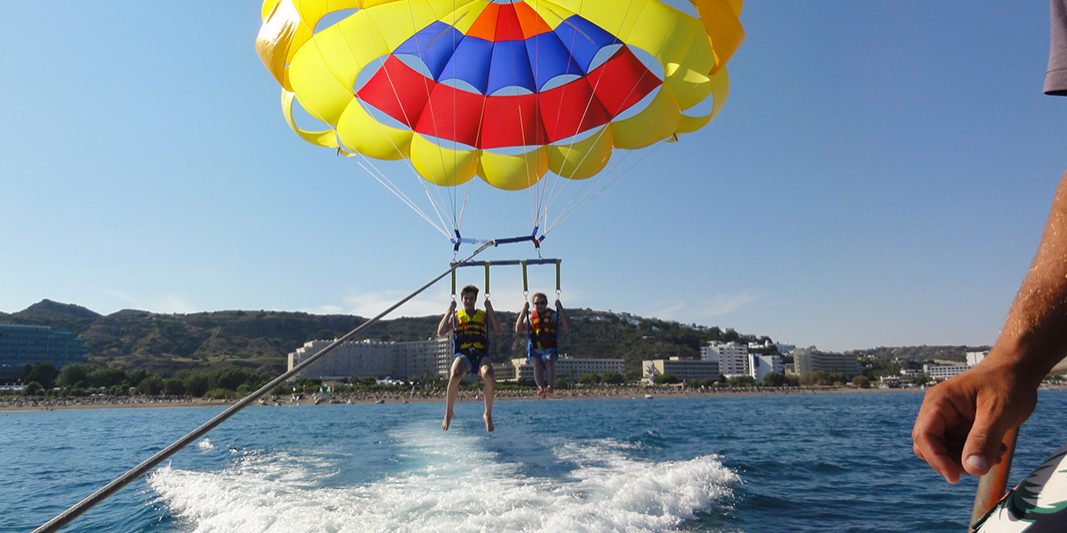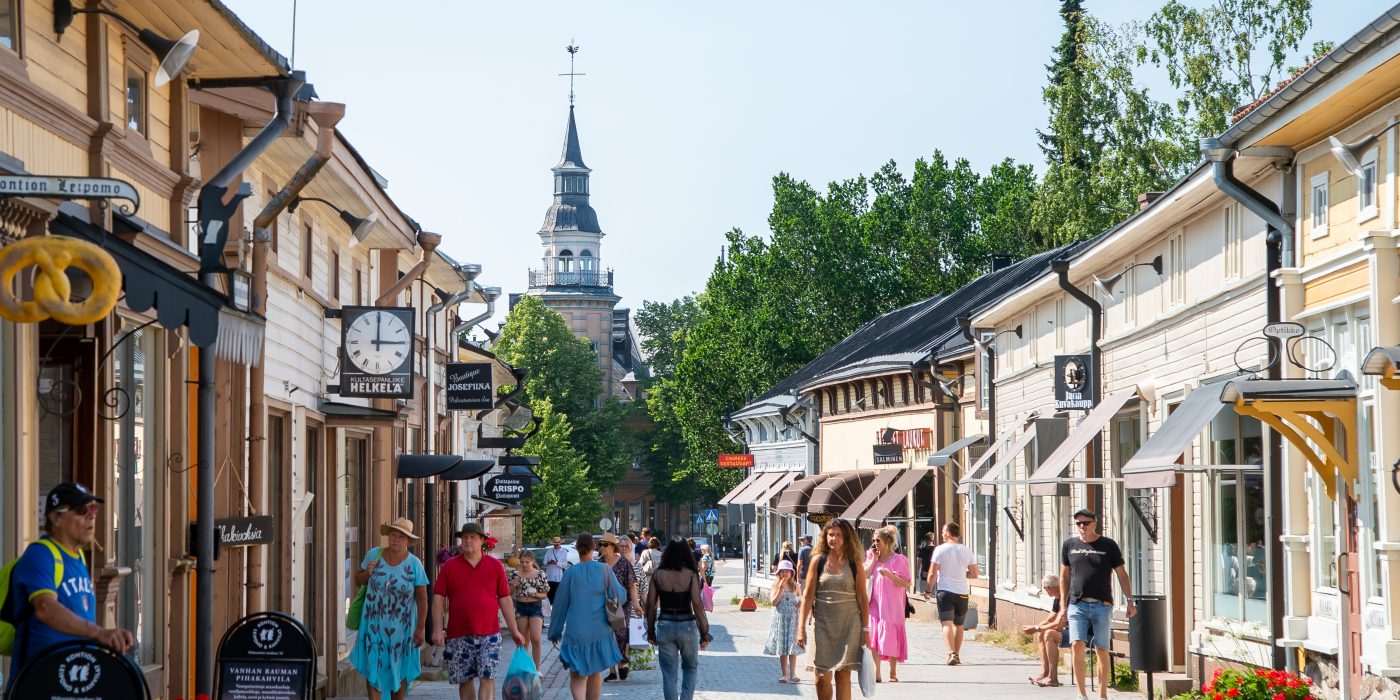We develop: Skills development in coastal and maritime tourism
The most popular holiday resorts are located in the coastal areas. Tourism that emerged around various water bodies is the most common and oldest form of package tourism. The Industrial Revolution, which began in England at the turn of the 18th and 19th centuries, enabled the emergence of coastal tourism. Initially, it was about health tourism, where seawater and fresh sea air were believed to cure ailments.

At SAMK, we started to go through education focused in skills development in coastal and maritime tourism only to see the absence despite of the importance of the sector. As a results, we decided to take action.
The starting point for the skills development in costal marine tourism is to focus in the sector specific features of the sector, such as the vulnerable ecosystem in coastal areas and the conflicting goals of different groups operating in the area. The coastal ecosystem is often very sensitive, too.
The development of coastal and maritime tourism needs to consider the needs of local and summer residents, of various industry sectors and the need to protect the fragile coastal environments. Coordinating these needs in a sustainable way is a key competence in coastal and marine tourism. The development of a sustainable and responsible tourism business and managing stakeholder cooperation are also sector specific core skills.
Water is an attractive element as well as the coastal environments. The challenge is to use these areas responsibly and to respects the carrying capacity of the coastal destinations. For tourism operators, different safety aspects, regulatory restrictions and, in some cases, accessibility issues need to be addressed.
Not all coastal areas can be bundled into the same caste, as they can be classified in many different ways and all have their own specificities, opportunities and challenges. For example, Yyteri in Pori and Rhodes in Greece have different challenges to solve.
The first project to create a curriculum for sustainable coastal and maritime tourism was implemented in 2017-2019. The results, the module of sustainable coastal and maritime tourism, was integrated to the international degree programme in tourism. Based on students’ feedback, the module is interesting and it has been praised.
The Center for Tourism Business Development is currently leading an Erasmus+ Skills4CMT project (2020-2023). It is an international project where a curriculum of coastal and marine tourism is now developed in a European cooperation between six universities.
Did you know this?
- The first coastal destinations emerged at small fishing villages and harbors.
- Coastal and maritime tourism employs 3.2 million people in Europe.
- In Europe, 51% of accommodation capacity is concentrated in coastal areas.



